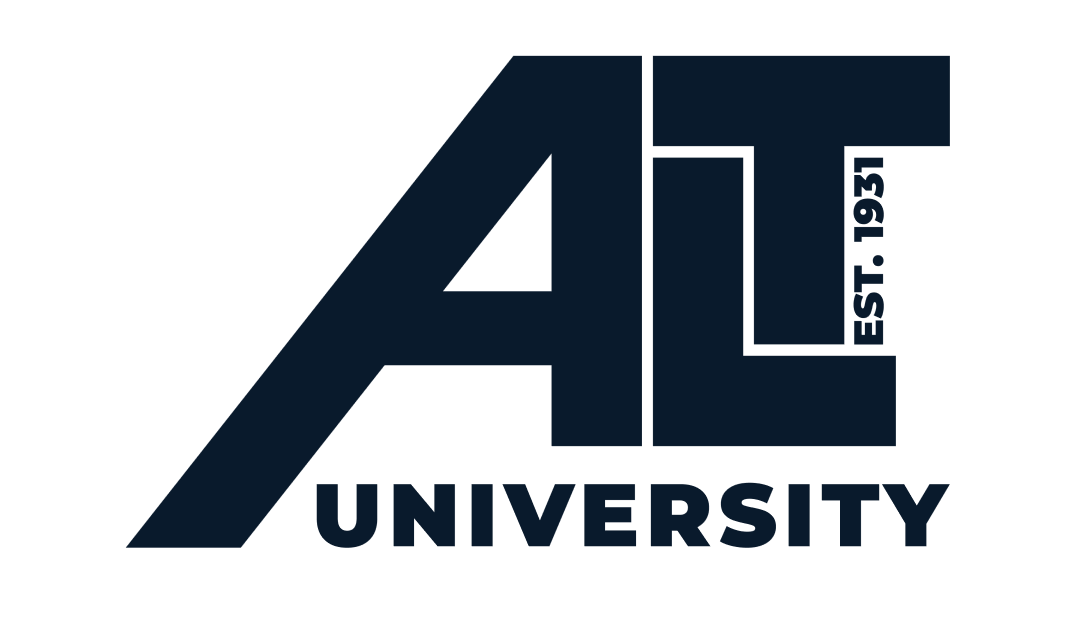Department of “Аutomation and control”
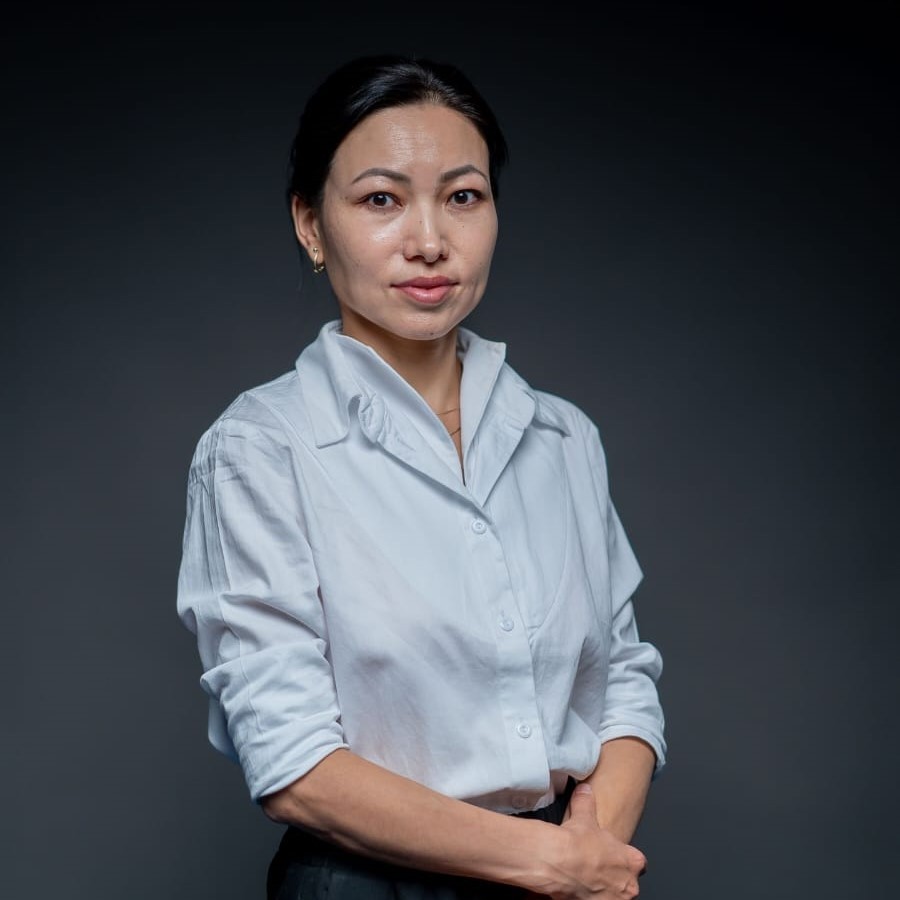
Head of the Department of “Аutomation and control”
Nurgul Karymsakova, Associate Professor, PhD
Contact information: office no.B 311
e-mail: n.karymsakova@alt.edu.kz
HISTORY OF THE DEPARTMENT
The Department of Automation, Telemechanics and Communications was established in 1977 at the Alma Ata Institute of Railway Engineers (hereinafter – AlIRE). The creation of the department was due to the need for specialists in the field of railway automation and telemechanics. The history of the department is a separate page in the annals of AlIRE – KazATK – ALiT – ALT University.
The first head of the department was Candidate of Technical Sciences, Associate Professor G.A. Glaschenkov, a student of the professor of the Kharkov Institute of Transport Engineers (KhITE) Kotlyarenko N.F. Under his leadership, the department took the first steps in creating a material and technical base, in opening specialized laboratories.
Over the years, the department was headed by PhD., associate professors Shamanov V.I., Duisembayeva Zh.K., Shensizbayev S.A., Omarov T.F., PhD., professors Nietalin Zh.N., Kadyrbekov S.O., Ph.D., professors Imandosova M.B., Bitteev Sh.B., PhD., Associate professor Suleimenova G.A., PhD., Shultz V.A., PhD, Togozhinova A.Zh., PhD, Sansyzbai K.M. who made a great contribution to the replenishment of the scientific, technical and pedagogical potential of the department, contributed to its further development and strengthening.
In November 2005, the Department of Automation, Telemechanics and Communications was renamed the Department of Automation and Control.
The department employs highly qualified teaching staff with extensive teaching experience. Currently, the department is headed by Associate professor Karymsakova N.T.
Currently, the department is training highly qualified personnel in the following educational programs:
6B07181 – Automation and Control (Bachelor’s degree);
6B07182 – Cybersecurity of digital systems – Innovative educational program (Bachelor’s degree);
7M07171 – Management of technological complexes (Master’s degree, specialized area);
7M07144 – Automation and сontrol (Master’s degree, scientific and pedagogical direction);
8D07158 – Automation and сontrol (doctoral studies).
8D07167 – Automation and control (core area);
EDUCATIONAL AND METHODICAL WORK
One of the main activities of the department is educational and methodical work, which includes the organization of the educational process, methodological and organizational-methodical work.
- The educational process involves the following activities: classroom classes, intermediate and final knowledge control, organization of all professional practices, research and experimental research work of undergraduates and doctoral students, course and diploma design, organization of competitions and various Olympiads, etc.
- The methodological work of the department provides solutions to a number of functional tasks: the development and updating of educational programs, the development of educational and methodological complexes of disciplines, the participation of the department in methodological conferences, conducting methodological seminars, the use of innovative technologies in the educational process, the preparation of methodological developments, the organization of educational exhibitions, advanced training of teachers, etc.
- Organizational and methodological work includes approaches to calculating the academic load, drawing up plans and reports of the department, preparation for certification and accreditation, educational work with students, monitoring their attendance at classes, etc.
SCIENTIFIC WORK
The department has a powerful logistical and laboratory base, modern innovative infrastructures and the necessary innovative technologies for classes. Lecture halls are equipped with video projection equipment for presentations, sound reproduction facilities, a screen, and Internet access. Classrooms for seminars and practical classes, as well as for laboratory classes, are equipped with modern laboratory equipment, stands, and specialized measuring instruments.
A branch of the department operates on the basis of the Almaty Alarm and Communication Distance (SHH-33). Moreover, the department has more than 50 signed contracts for the organization of all professional types of bachelor’s degree practices, experimental, scientific and research work of undergraduates and doctoral students with various leading companies, such as – regional signaling and communication distances of the branch of the Joint-Stock Company “National Company “Kazakhstan Temir Zholy”, LLP “Stepnogorsk Temir Zholy”, JSC “Transtelecom”, JSC “Sokolovsko-Sarbay Mining and Processing Production Association”, RSE PKV “Zhezkazganredmet”, LLP “Saiman Corporation”, JSC “MangistauMunaiGas”, LLP Munaytelekom, OralMunayProm LLP, etc.
Within the framework of international cooperation in the training of specialists, students are sent to foreign countries for scientific internships, as well as academic mobility. The Department closely cooperates with Omsk State University of Railways, Riga Technical University, Varna Technical University, Lublin Technical University, etc.
The faculty of the department participates in various international and Kazakhstani research conferences and seminars, actively publishes in publications recommended by the Committee for Quality Assurance in Education and Science of the Ministry of Science and Higher Education of the Republic of Kazakhstan and in foreign impact-factor rating journals included in the databases Thomson Reuters, Scopus and Web of Science.
The following scientific works were carried out by the teaching staff:
The interstate standard GOST 33064-2014 “Decoders of numerical code automatic locking”.
Interstate standard GOST 33890-2016 “Axis counting system. Safety requirements and control method”.
The standard of the number of employees of the signaling and communication distance of JSC NC KTZ.
The project “Concept of modernization and production of railway automation and telemechanics systems”.
The SCB section of the project “32-CRCP. Correction of the feasibility study. Construction of the second tracks Shu-Almaty-1”.
The SCB section of the project “33-CRCP. Reconstruction of Astana station and metro station The fortieth.”
The SCB and CC section of the 787-CZHS project. “Overhaul of a metal bridge on 657 km of the Semipalatinsk – Zhana-Semey section of the East Kazakhstan region.”
Section of the SCB Feasibility study “Program for the development and modernization of the railway infrastructure of JSC NC Kazakhstan Temir Zholy for 2018-2025”.
In April 2022, under the leadership of K.M. Sansyzbai, the department became the holder of grant funding for young scientists on scientific and scientific-technical projects for 2022-2024. Moreover, in September of this year, the senior lecturer of the department, M.B. Orunbekov, became the holder of grant funding for young scientists under the Zhas Galim project for 2022-2024.
EDUCATIIVE WORK
Educative work at the department is inextricably linked with the educational process, with the aim of creating a full-scale socio-pedagogical environment that promotes the upbringing of a highly moral, spiritually and physically healthy personality.
Meetings with outstanding people in various fields of activity are constantly organized, undoubtedly, undergraduate and graduate students take an active part in the public life of the department.
The educational process ensures a close unity of the main directions and factors of education, taking into account the characteristics of each group of students. The teaching staff of the department conducts training and education of students at a high professional level, instill respect for national, spiritual and moral values. Observe the norms of pedagogical ethics.
Much attention is paid to cultural leisure and aesthetic education of students. Students take an active part in various events of the university and the department, in sports competitions, conferences, festivals, participate in the work of circles of the Department of Youth Policy.
Students take an active part in all the solemn events of the Institute and the University.
Teaching staff

Nurgul Karymsakova
Associate Professor
PhD
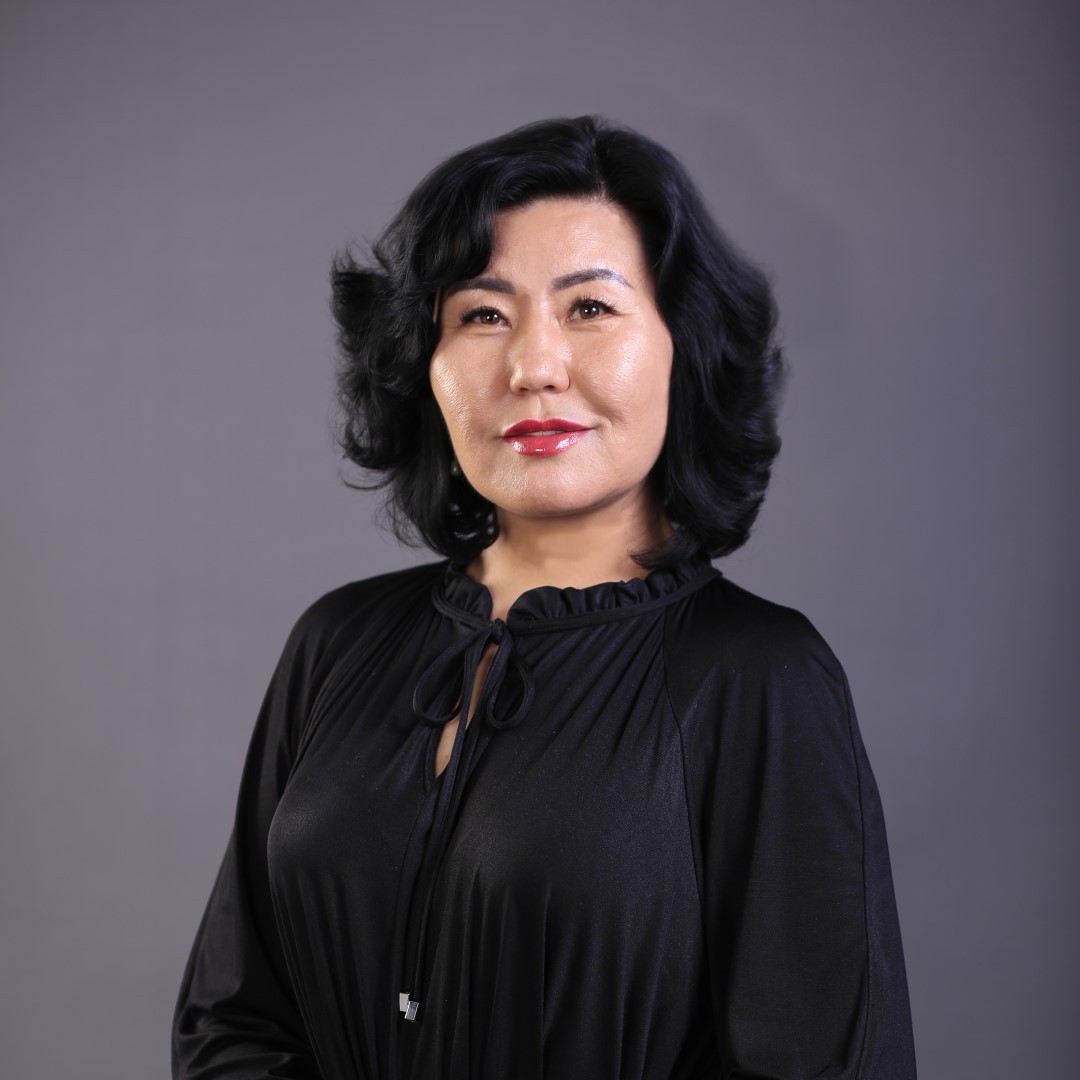
Toygozhinova Ainur
Director of IEDT
Assistant professor, PhD
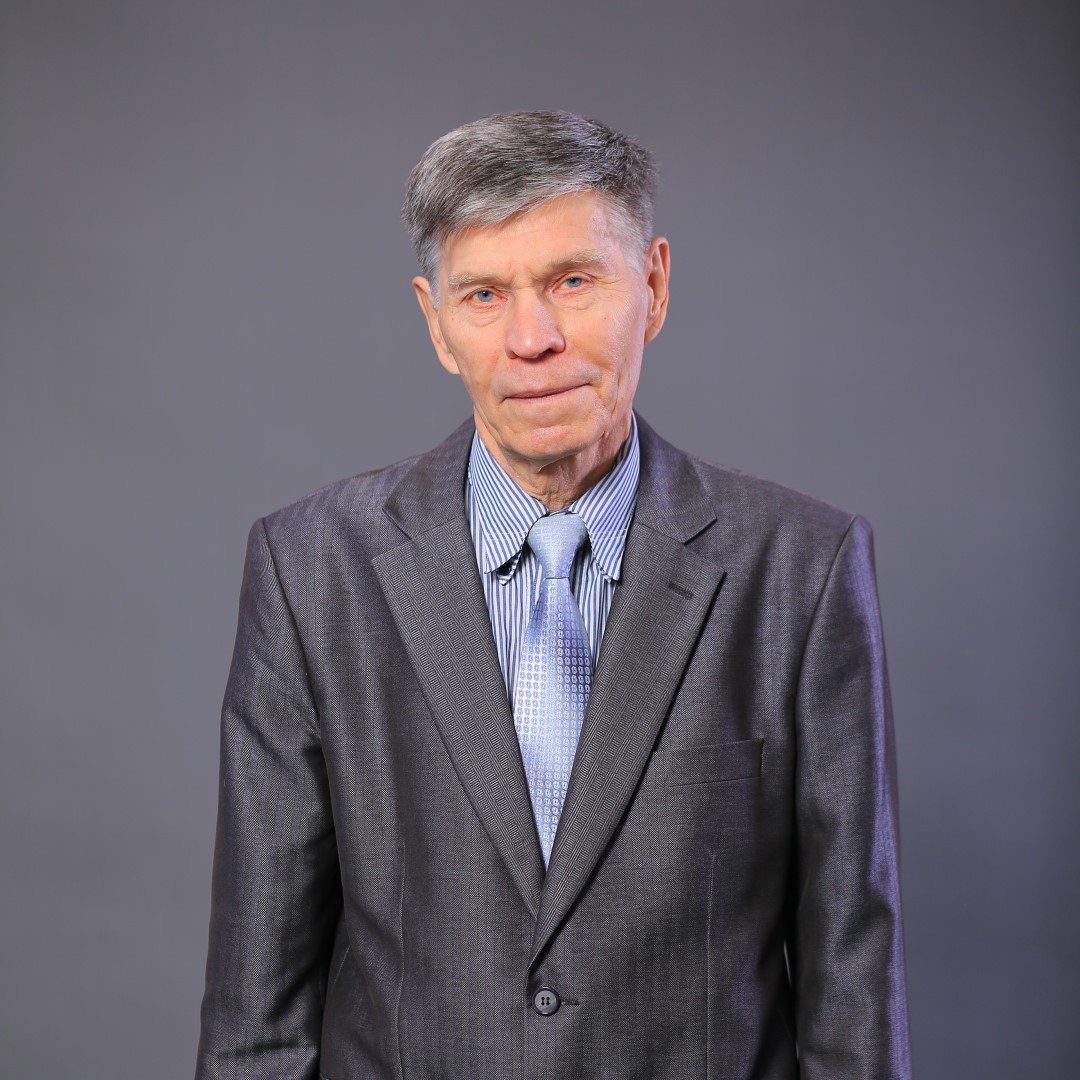
Vedernikov Boris
Associate Professor
Candidate of Technical Sciences Cand. Sc. (Technology), docent
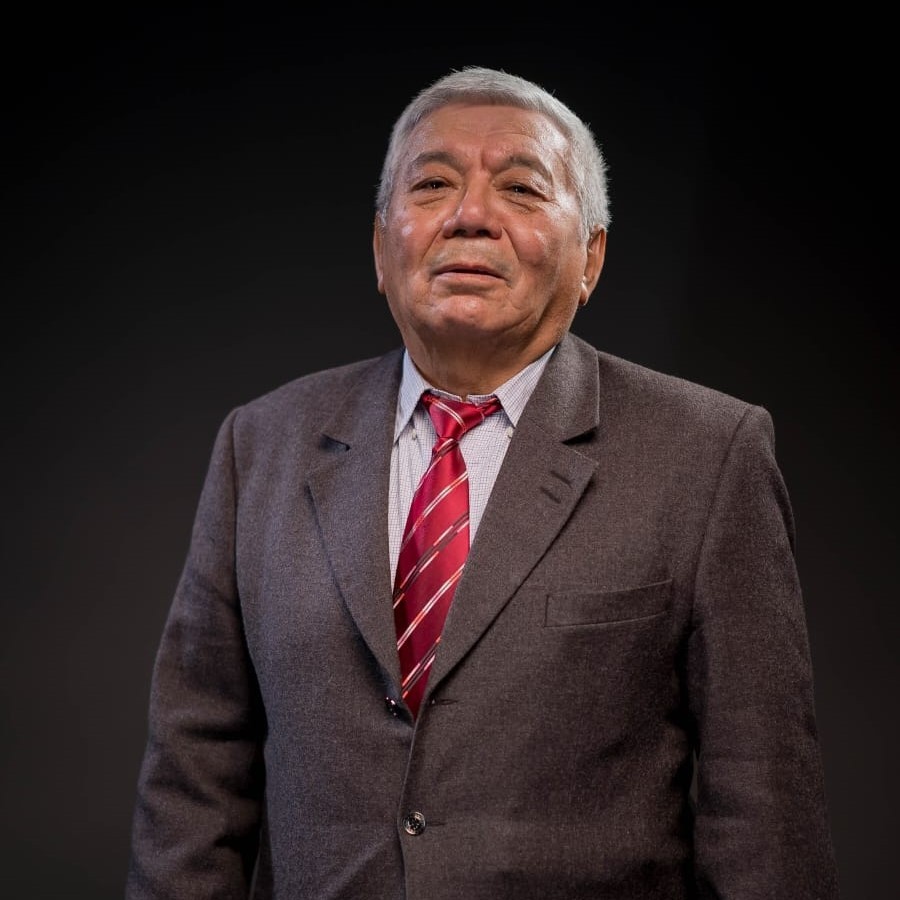
Aitchanov Bekmurza Husainovich
Professor
Doctor of Technical Sciences
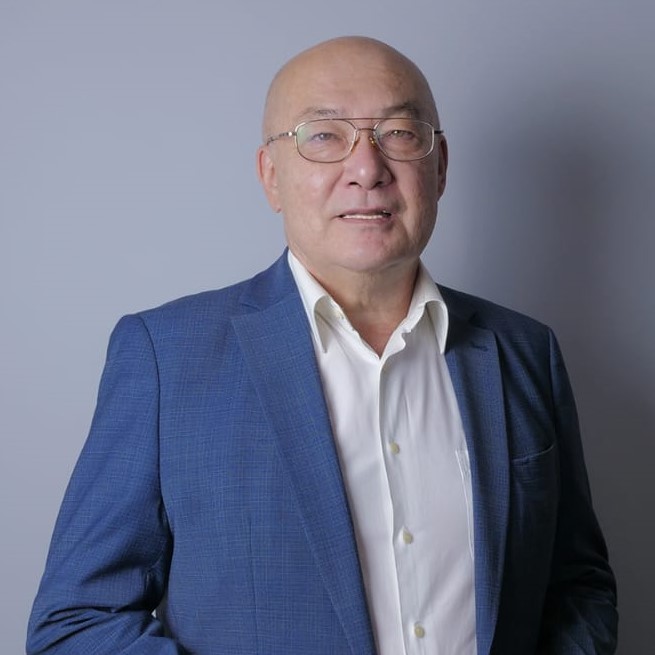
Shalabayev Bakytzhan Ramazanovich
ALT Associate Professor
Ph.D
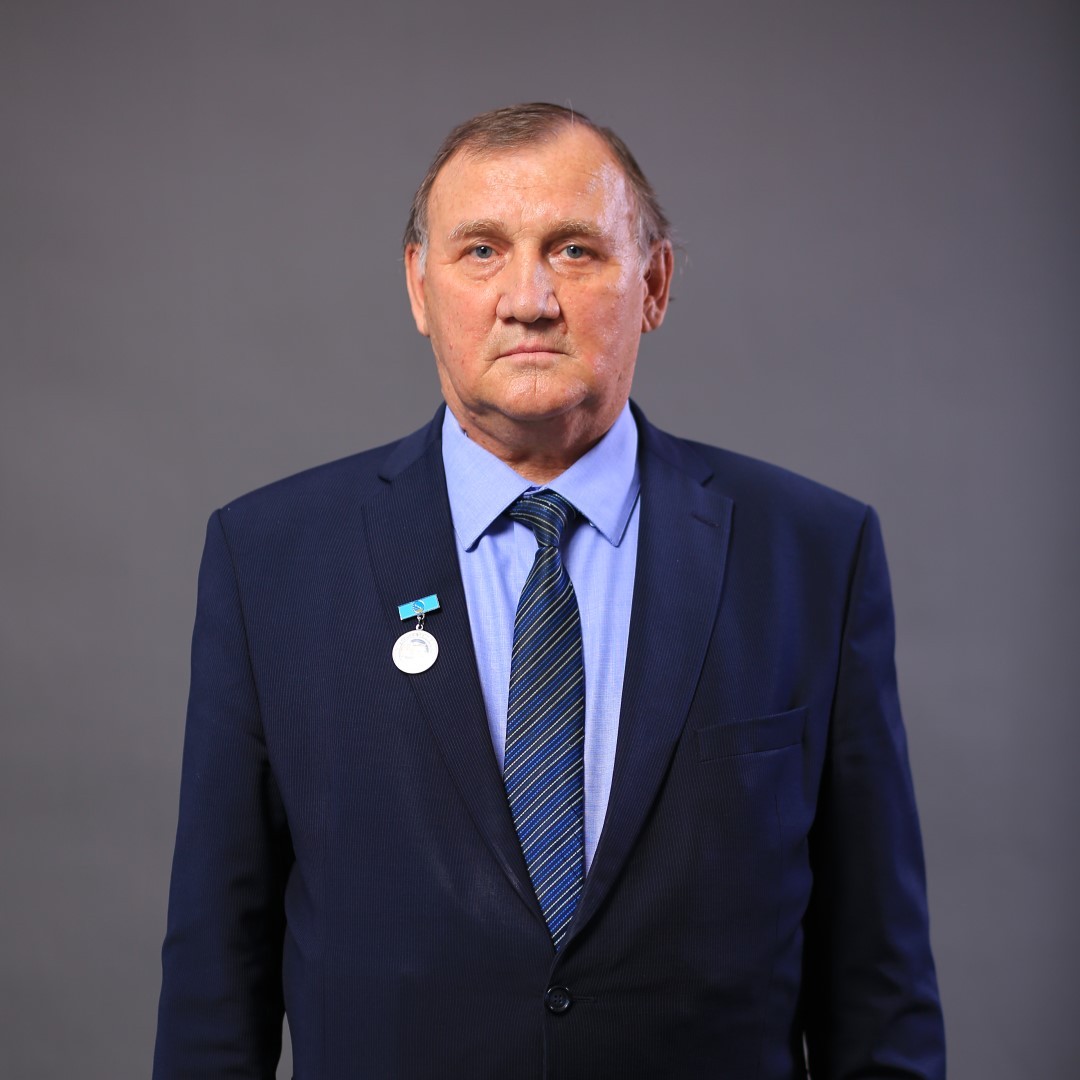
Shultz Vladimir
Assistant professor
Candidate of Technical Sciences Cand. Sc. (Technology), docent
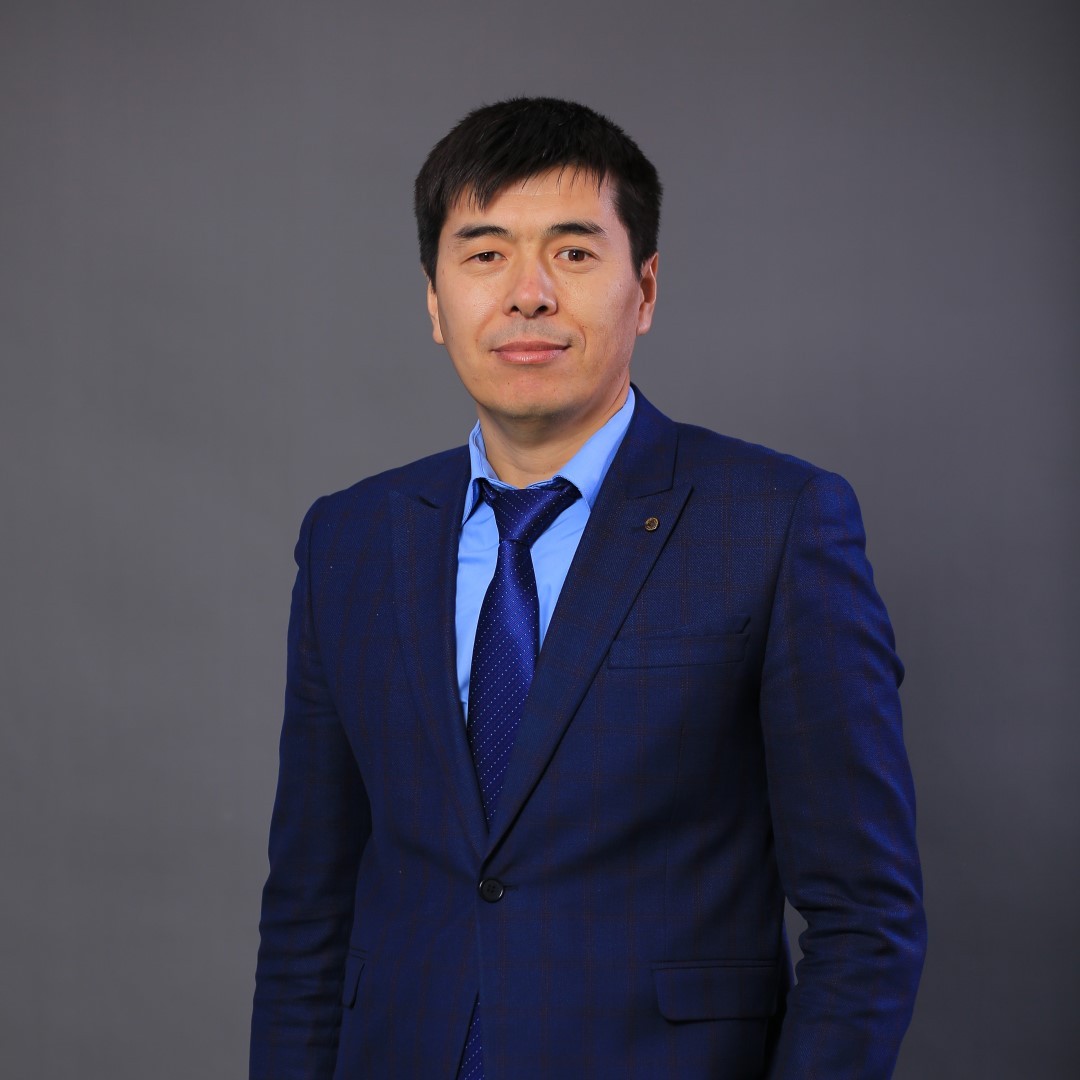
Orunbekov Maksat
Senior Lecturer
Master
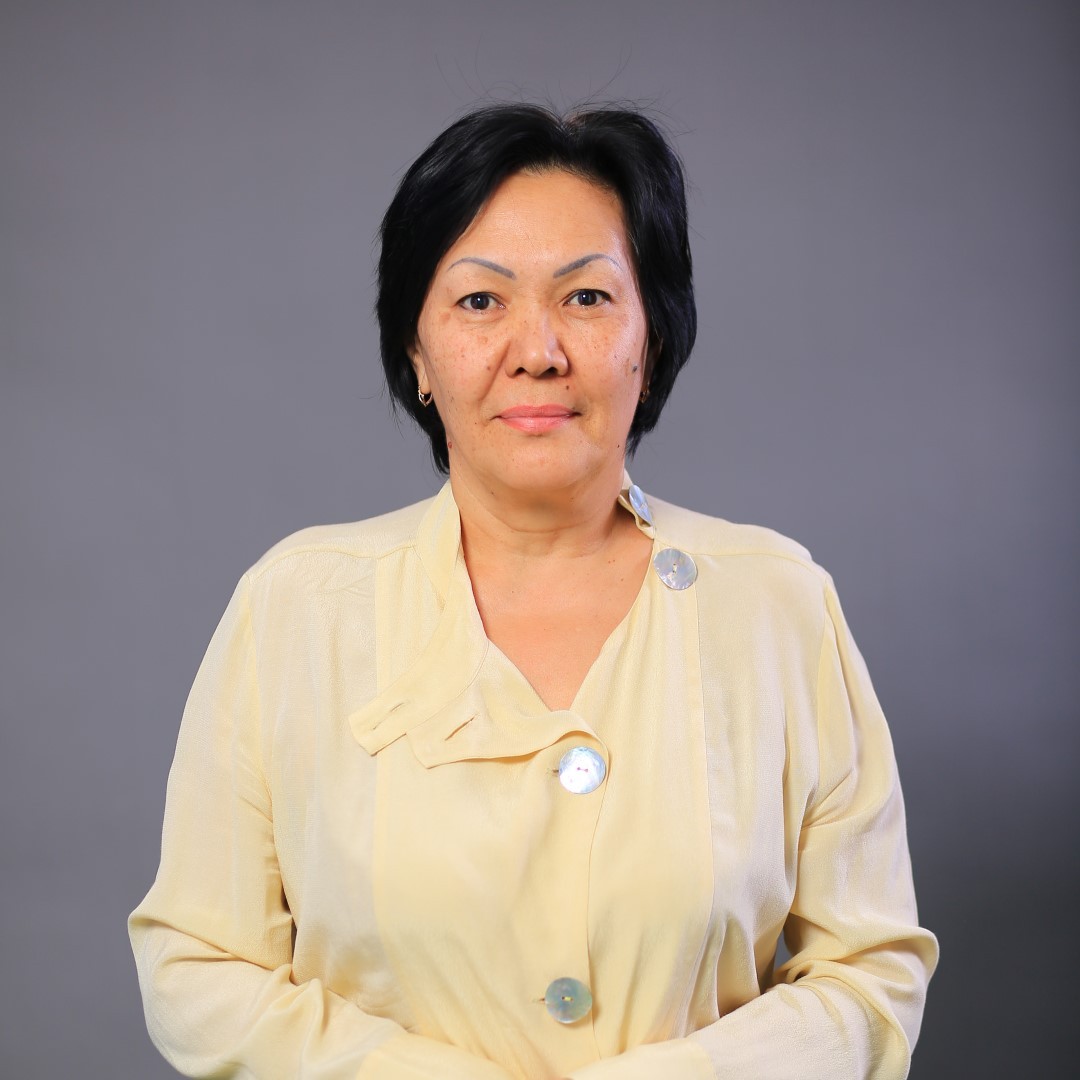
Spabekova Marzhan
Senior Lecturer
Master
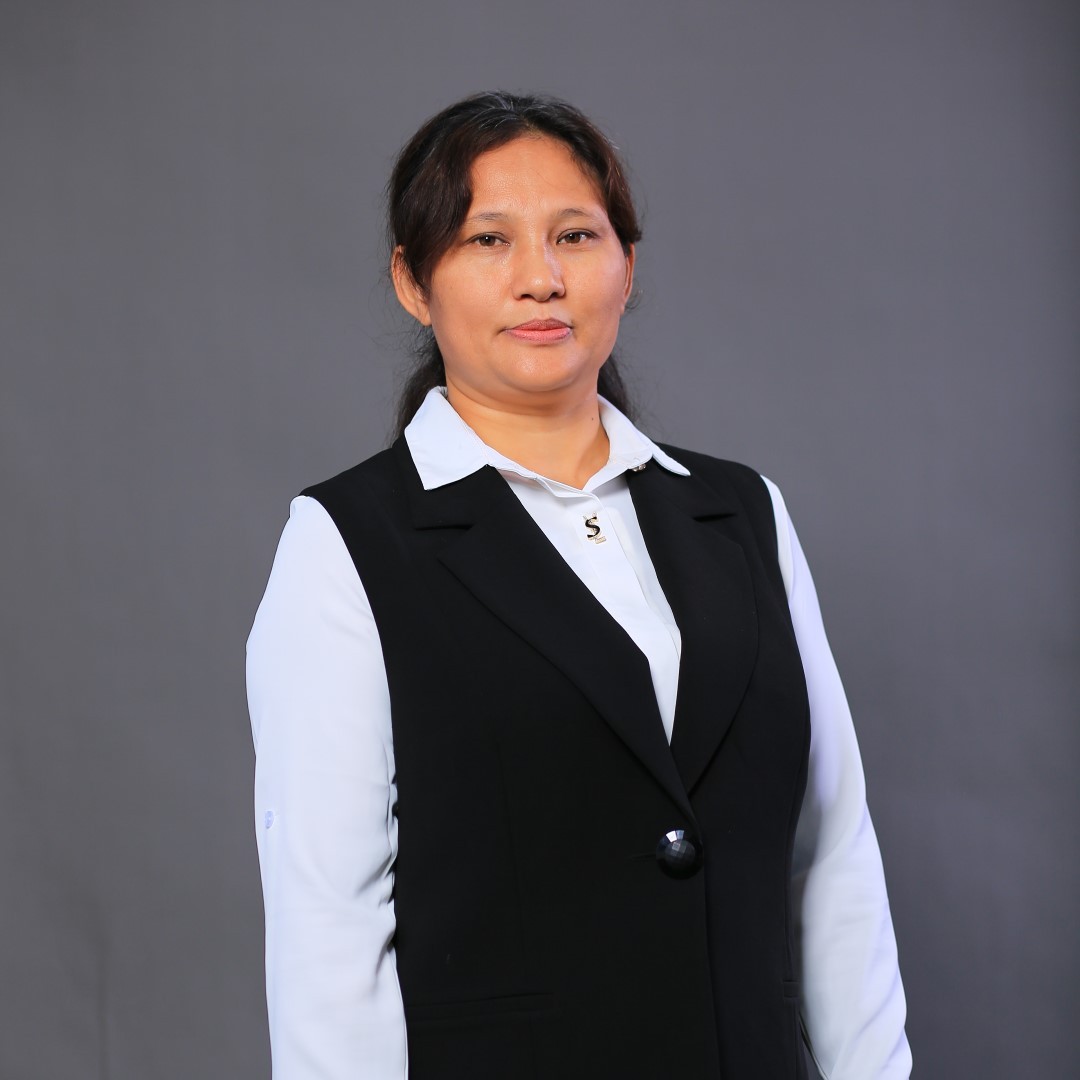
Sadvakasova Zhadyra
Senior Lecturer
Master
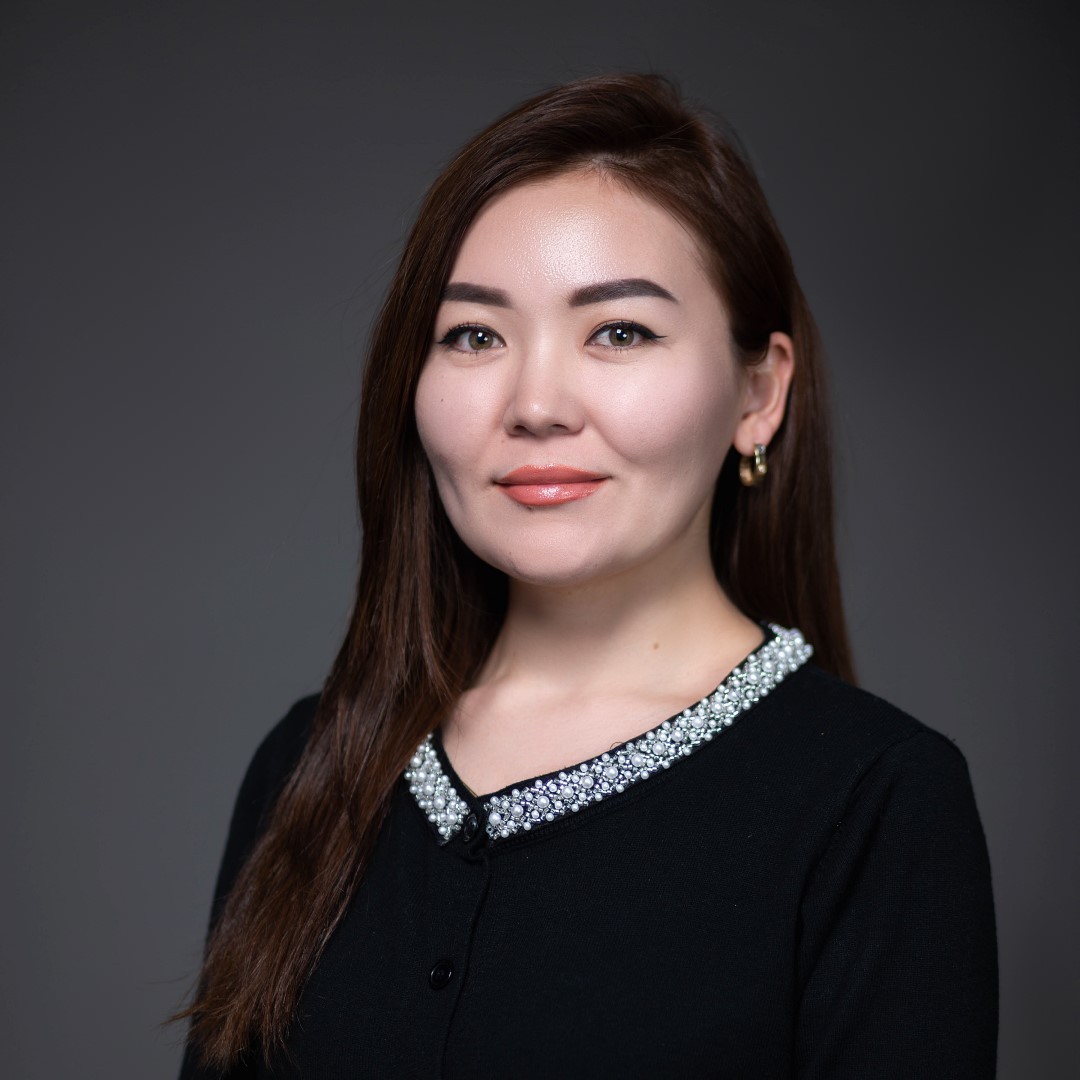
Abugazy Assylzat Sharapatkyzy
Senior Lecturer
Master
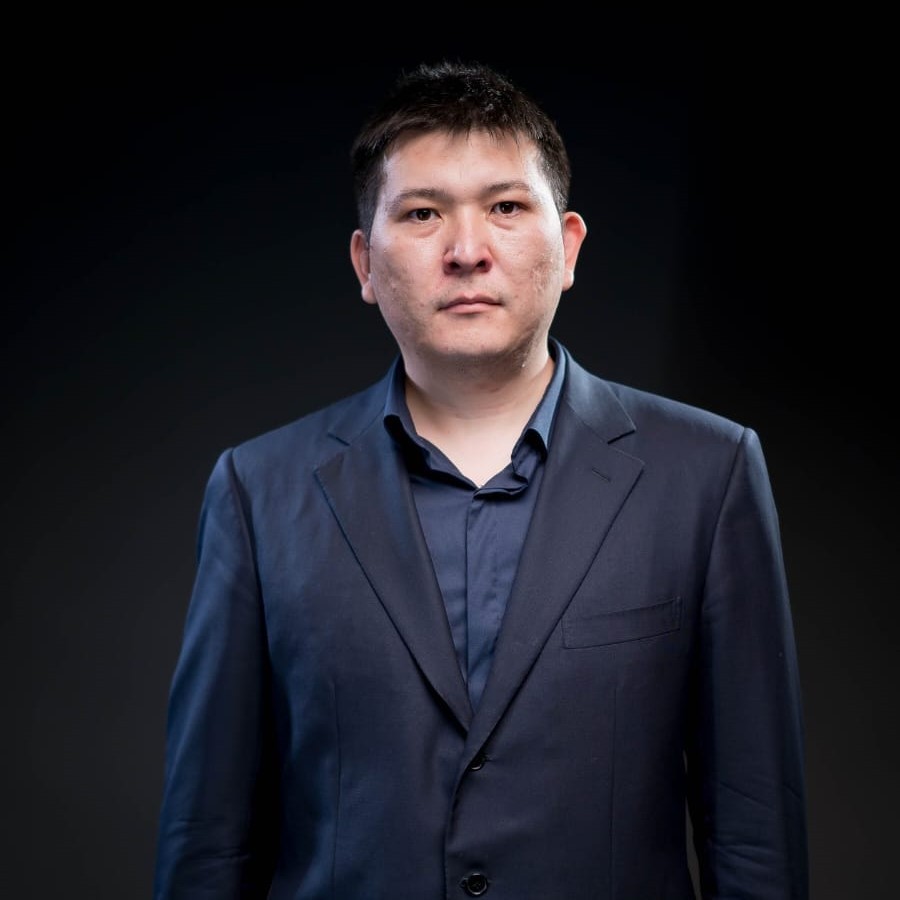
Kalmenov Yermukhamed Tynysbekovich
Senior Lecturer
Master
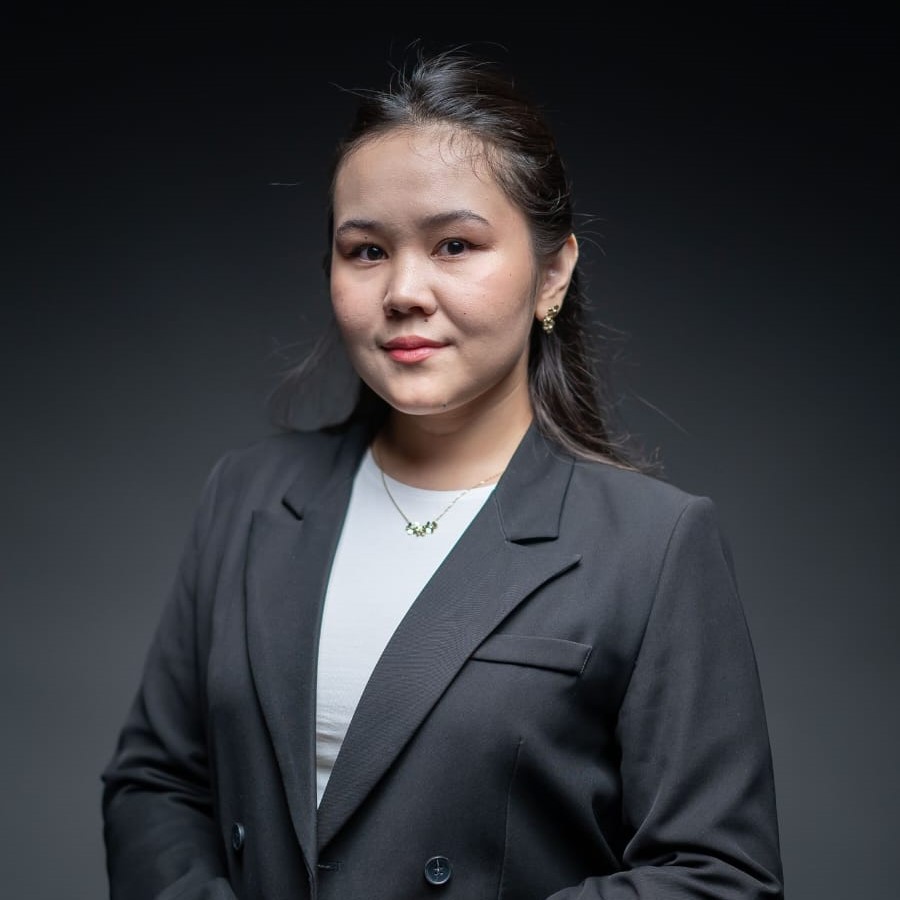
Kurmanova Nuraida Nurlankyzy
Assistant-teacher
Master
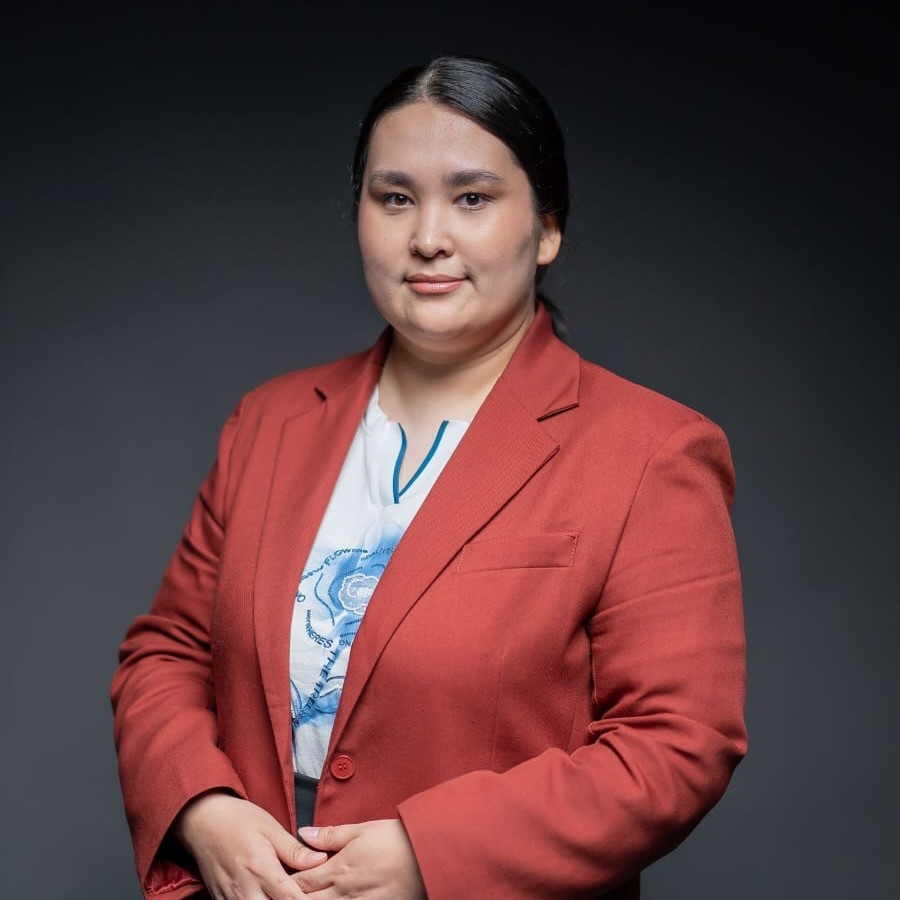
Karassayeva Aruzhan Shinbolatovna
Assistant-teacher
Master
Contacts of the Department
Department: Аutomation and control
Address: 97 Shevchenko street, UG. Masanchi street, office B 311
Educational program
Bachelor’s degree
Master’s degree
Educational scientific laboratories
|
№ |
Audience number |
Technical equipment |
|
1 |
B309 |
Remote display board of block-route relay centralization, manipulator panel, LED input traffic light, relay stativ, layout of input traffic light, layout of intermediate stations of UEC-M, power supply panels, axle counting system (FRAUSCHER), microprocessor control system of switches and signals (Siemens), SP-6, SPGB, R80. Guarding devices at railway crossings (Auto barrier) |
|
2 |
В202 |
Stand based on PLC S7 1500 |
|
3 |
О304, О308 |
Stand “Power Electronics” |
|
4 |
О310 |
Stand “Theory of electrical circuits” |



